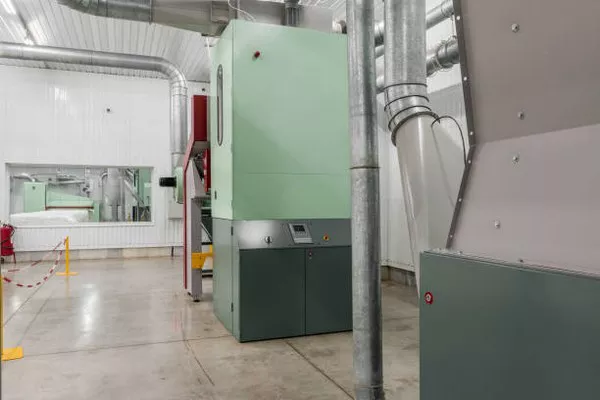Micro, small, and medium enterprises (MSMEs) in Lagos State spend an astonishing N5.3 trillion annually on petrol and diesel to fuel their generators, according to a recent report by Sustainable Energy for All (SEforALL). This report, which aims to promote energy transition in Lagos and Nigeria as a whole, was developed in partnership with the Lagos State Government.
The findings reveal that the escalating costs of fuel and generator maintenance are placing significant financial pressure on households and businesses, ultimately hindering economic growth and development across the region.
Fuel Consumption and Environmental Impact
The study indicates that the generators utilized by these MSMEs consume approximately 6.6 billion liters of petrol annually, leading to emissions of 17.8 million tons of carbon equivalents. In light of the federal government’s recent removal of fuel subsidies, 79% of the surveyed businesses reported reducing their operating hours to mitigate rising fuel expenses.
Awareness and Adoption of Renewable Energy
Despite the challenges posed by high fuel costs, the report highlights a growing recognition of solar energy’s potential among businesses in Lagos. Approximately 80% of the respondents acknowledged the benefits of solar power. However, only 52% of MSMEs expressed interest in exploring alternative energy sources, indicating a notable gap between awareness and actual implementation.
The removal of fuel subsidies has prompted many businesses to decrease their reliance on generators. Yet, a mere 3% have transitioned to solar energy as their primary power source. This disparity underscores the obstacles that must be overcome to facilitate broader adoption of renewable energy solutions.
On a more positive note, 64% of the businesses surveyed expressed interest in considering solar power as an alternative to conventional petrol and diesel generators. This enthusiasm suggests that with the right incentives, financing options, and awareness campaigns, the adoption of solar energy could increase significantly.
Government Initiatives and Investments
The push for renewable energy has intensified following President Bola Tinubu’s removal of fuel subsidies. In addition to addressing rising petrol costs, the President introduced a compressed natural gas (CNG) program, providing a more cost-effective fuel alternative for vehicles.
Among various renewable energy options, solar power stands out as a clean and reliable solution, producing no carbon emissions or air pollutants. This makes it a viable energy source for Nigeria’s future.
In March, the European Union announced a substantial investment of €37 million to develop solar and hydro power systems, aiming to improve energy access in healthcare facilities and rural areas throughout Nigeria. Additionally, the World Bank has pledged $750 million for rural electrification projects, focusing on expanding solar energy and other renewable solutions to enhance power availability in underserved regions.
These initiatives reflect a growing commitment to sustainable energy solutions to meet Nigeria’s evolving energy demands. As MSMEs continue to grapple with the burden of fuel costs, a transition to renewable energy may prove crucial for fostering economic resilience and environmental sustainability in the region.
You Might Be Interested In

